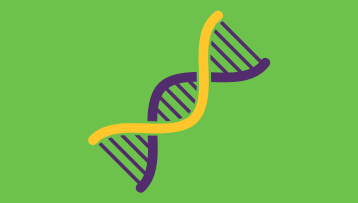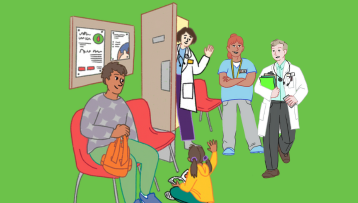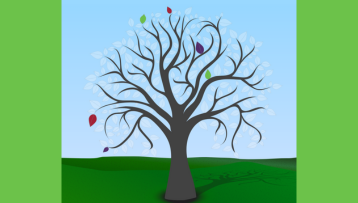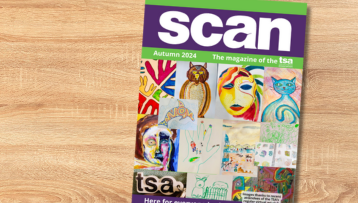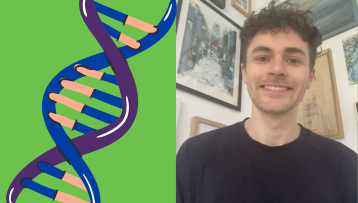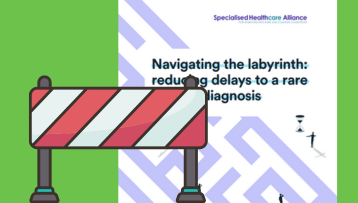It was with great sadness that we brought you news earlier this month that Professor Sue Povey, a pioneer in the field of genetics and TSC, had passed away. Here Professor Julian Sampson (Director, Division of Cancer and Genetics, Cardiff University and Professor Sue Povey’s colleague) pays tribute to a woman whose fantastic support and commitment to researching TSC helped to shape our understanding of the condition.

Professor Sue Povey
Professor Sue (Margaret Susan) Povey was a prominent academic in human genetics, who developed a deep passion for research into TSC. Sue initially completed degrees in genetics and medicine in Cambridge, before working for two years as a junior doctor in paediatrics. Soon, Sue turned her attention to laboratory-based human genetics, a field that well suited her analytical mind and incisive approach to complex intellectual problems.
Sue moved to the MRC Human Biochemical Genetics Unit at the Galton Laboratory, University College London, at the very start of efforts to map human genes to specific chromosomes. During a career that spanned nearly fifty years, Sue became a major contributor to the international effort to map the human genome and was promoted to the prestigious Haldane Chair of Human Genetics. It was during the 1980s that Sue started a research collaboration with John Osborne and Alan Fryer from the Tuberous Sclerosis Complex clinic in Bath and researchers from the Duncan Guthrie Institute of Medical Genetics in Glasgow. The outcome of this collaboration was mapping of the first TSC gene (TSC1) to chromosome 9.
Mapping of the first TSC gene paved the way for further international collaboration with researchers in the USA, Poland, the Netherlands and the UK. Following the identification of TSC1 and TSC2 in the 1990s, Sue focused her efforts on understanding variation in the sequence (genetic code) of both genes and how this relates to the development, signs and symptoms of TSC.
Working with Dr Rosemary Ekong, Sue developed worldwide databases of variations affecting the TSC genes. Through this rigorous and painstaking work, Sue and Rosemary catalogued over 3,500 different genetic changes and assessed the evidence for or against each one as a potential cause of TSC. The database became an essential resource for the interpretation of genetic test results for patients and families with TSC and a trusted source of data for TSC research undertaken around the world.
Sue’s work brought real benefit to thousands of patients and families affected by TSC. Although Sue’s scientific critique of research proposals and research data was both formidable and dispassionate, she was always kind, compassionate and patient with people, gaining both admiration and affection from those she worked with.
Professor Julian Sampson












